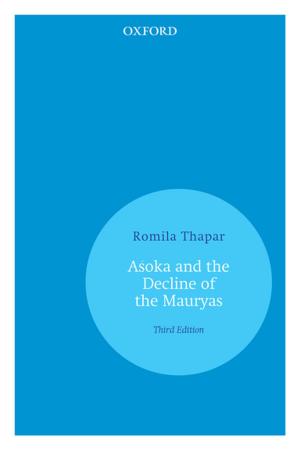Democracy and Constitutionalism in India
A Study of the Basic Structure Doctrine
Nonfiction, Reference & Language, Law, Administrative Law & Regulatory Practice, Jurisprudence, Constitutional| Author: | Sudhir Krishnaswamy | ISBN: | 9780199088447 |
| Publisher: | OUP India | Publication: | November 3, 2010 |
| Imprint: | OUP India | Language: | English |
| Author: | Sudhir Krishnaswamy |
| ISBN: | 9780199088447 |
| Publisher: | OUP India |
| Publication: | November 3, 2010 |
| Imprint: | OUP India |
| Language: | English |
The basic strucure doctrine articulated by the Indian Supreme Court in 1973 made it amply clear that the basic features of the Constitution must remain inviolable. The doctrine has generatd serious debates ever since as it placed substantive and procedural limits on the amending powers of the Execuive. Despite the lack of clarity as to its nature, the scope of the doctrine has been broadened in recent years, and a wide range of state actions are covered in its purview. In this book, Krishnaswamy analyses its legitimacy in legal, moral and sociological terms, and argues that the doctrine has emerged from a valid interpretation of the constituitional provisions. This book will be of interest to scholars of Indian Constitutional law, political theory and jurisprudence as well as judges and legal practitioners.
The basic strucure doctrine articulated by the Indian Supreme Court in 1973 made it amply clear that the basic features of the Constitution must remain inviolable. The doctrine has generatd serious debates ever since as it placed substantive and procedural limits on the amending powers of the Execuive. Despite the lack of clarity as to its nature, the scope of the doctrine has been broadened in recent years, and a wide range of state actions are covered in its purview. In this book, Krishnaswamy analyses its legitimacy in legal, moral and sociological terms, and argues that the doctrine has emerged from a valid interpretation of the constituitional provisions. This book will be of interest to scholars of Indian Constitutional law, political theory and jurisprudence as well as judges and legal practitioners.















